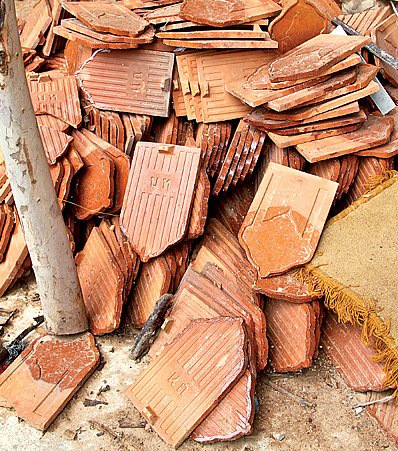Phuket Property: Scribing the way to a clear handover

PHUKET: Once your dream home has been built, the builder or seller may require a swift inspection of the property and acceptance that all construction work has been completed. This is often the case as the acceptance of the construction works is typically the last hurdle making the final payment due.
However, Phuket buyers normally want a physical due diligence performed on the property to verify that all construction work has been completed as agreed to, with good workmanship and free of defects that can be time consuming to correct and thereby “delay” the final payment.
These conflicting interests should be addressed under the agreements signed by the buyer and the seller or builder. Such agreements should provide the relevant parties with a guideline for the handover procedure and a clear understanding of their responsibilities in this procedure.
Typically, such handovers commence with a completion notice sent by the seller or builder to the buyer, declaring completion of the construction and providing the buyer with the possibility to inspect the construction works.
The seller or builder should attend the buyer’s inspection and assist with preparing a concise inspection report itemizing defects or non-conformities and stipulating a date by which these will be rectified. This report should be issued in two identical sets and signed by both parties.
Some buyers may not be familiar with construction matters and therefore want to appoint a surveyor or building engineer to assist with the process. A builder or seller should have no problem with a buyer hiring such professional assistance.
Nevertheless, it is advisable to clarify under the relevant agreements that the buyer shall have the right to appoint a representative who may make site inspections during construction and assist with the handover.
Sometimes these agreements also allow for an independent inspector to be appointed, with approval by both the seller and buyer, to settle disputes over defects. In these cases, the agreements may stipulate that the inspector’s decision shall be final and binding, and can have the party found at fault pay any expenses involved in appointing such inspector and correcting the defect (if any).
Furthermore, it should be understood that the inspection and subsequent handover shall not be deemed as a buyer’s acceptance that the completed property is free from defects. The acceptance should take place after all detected defects have been repaired and such rectification acknowledged in writing.
If a seller or builder fails to make good all defects or non-conformities within a reasonable time frame, the parties’ agreements should provide for appropriate remedy in favor of the buyer. This could include a right to reject acceptance of the property and to withhold outstanding payments until all defects are fully rectified.
In addition, the buyer could be provided with a right to appoint a third-party contractor to complete the construction work and make good all defects at the expense of the seller or builder.
To summarize, it is highly recommended for both the seller and the buyer of a property to agree on clear handover procedures, hence providing both parties with a guideline regarding their responsibilities existing in connection therewith.
This should minimize the risk of a dispute and the problems that soon follow.
This article has been written by International Law Office Patong Beach Co, Ltd, a Phuket-based law firm, and for informational purposes only. In case of inquiries, contact Michael Greth, Consultant, at michael@ilo-phuket.com or 076-222191/5.
— International Law Office Phuket
Latest Thailand News
Follow The Thaiger on Google News:


























